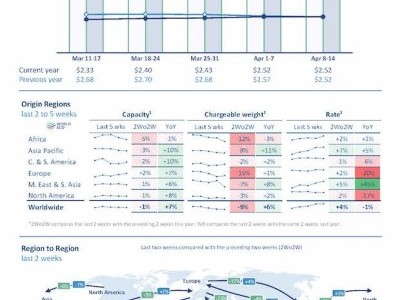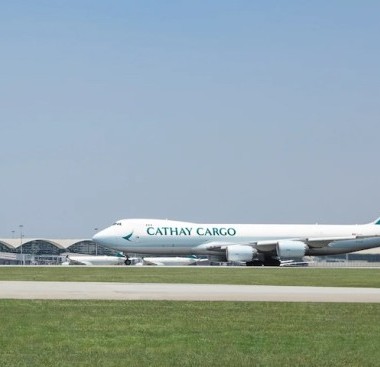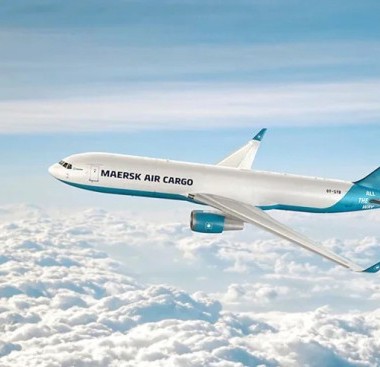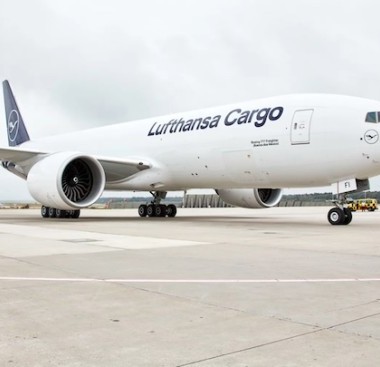Malaysia Airlines First to Track Fleet With Satellites
Similar Stories
Boeing’s cascade of mishaps fails to deter Wall Street backers
For a company that has been in crisis mode for as long as Boeing Co., the planemaker has some startlingly upbeat support from Wall Street.
View ArticleGE Aerospace raises earnings goal on strong engine sales
General Electric Co. raised the full-year profit guidance for its aerospace business, driven by an increase in revenue from commercial aircraft engines and services.
View ArticleUPS profit tops estimates as efficiency push counters costs
United Parcel Service Inc. reported profit higher than analysts’ estimates as the courier’s headcount management and restructuring of its delivery routes began to bear fruit.
View Article
WorldACD Weekly Air Cargo Trends (week 15)
View ArticleJetBlue slides as Latin America woes weigh on sales outlook
JetBlue Airways Corp. said revenue this quarter will fall more than analysts expected as excess flying capacity holds down fares in Latin America, a major portion of the carrier’s international…
View ArticleEmirates needs time to clear flood backlog as Clark says sorry
Emirates said it will need “some more days” to clear the backlog of rebooked passengers and stranded bags after the worst rainfall in 75 years plunged Dubai into chaos last…
View ArticleGet the most up-to-date trending news!
SubscribeIndustry updates and weekly newsletter direct to your inbox!





